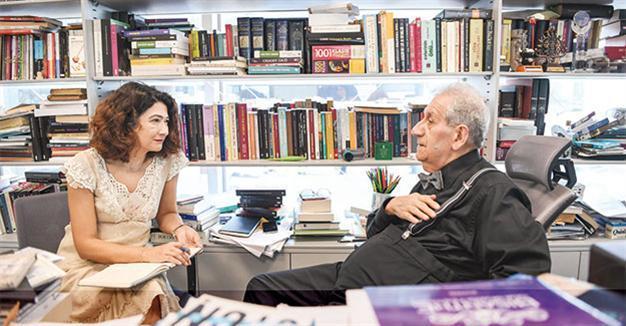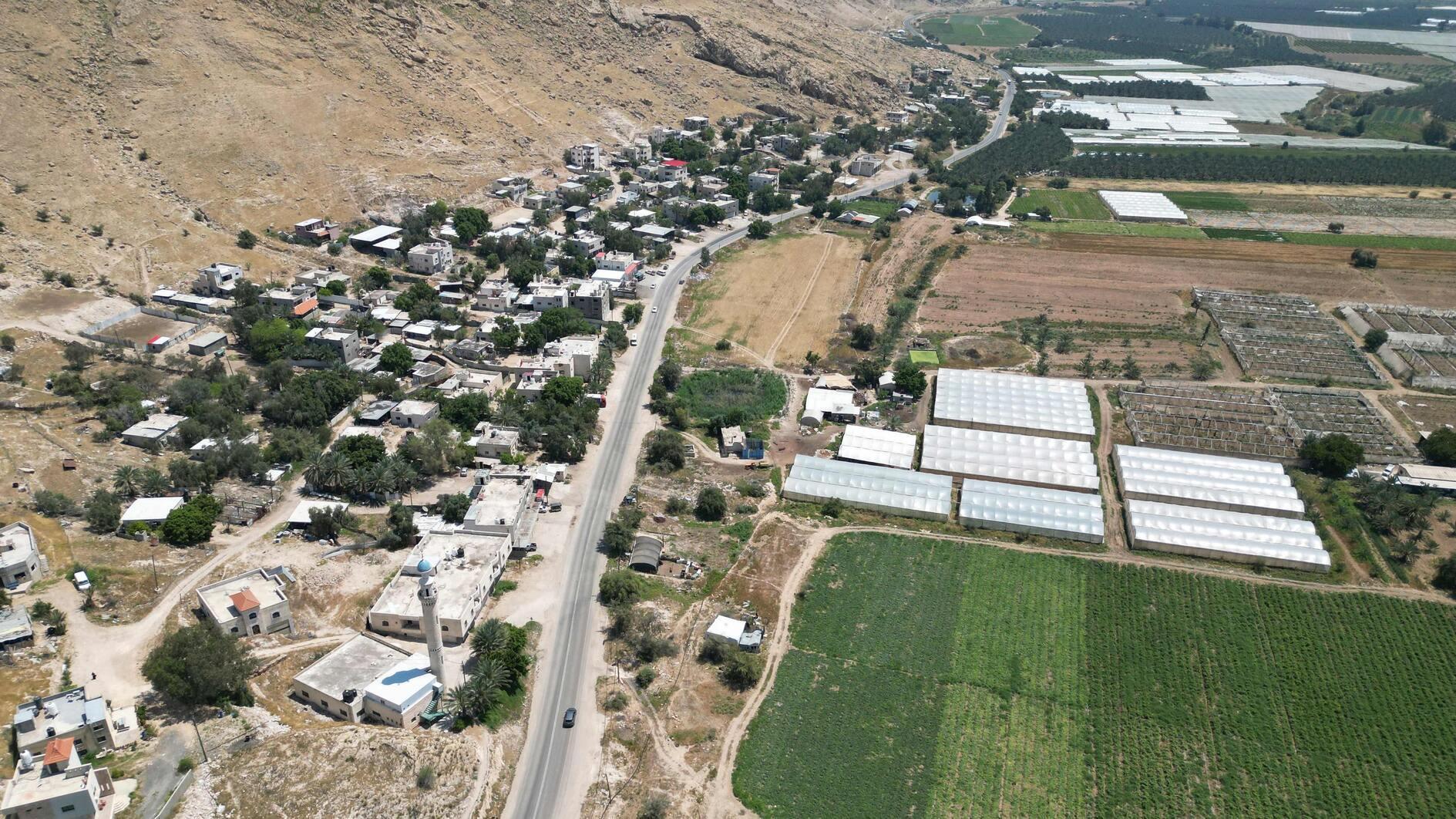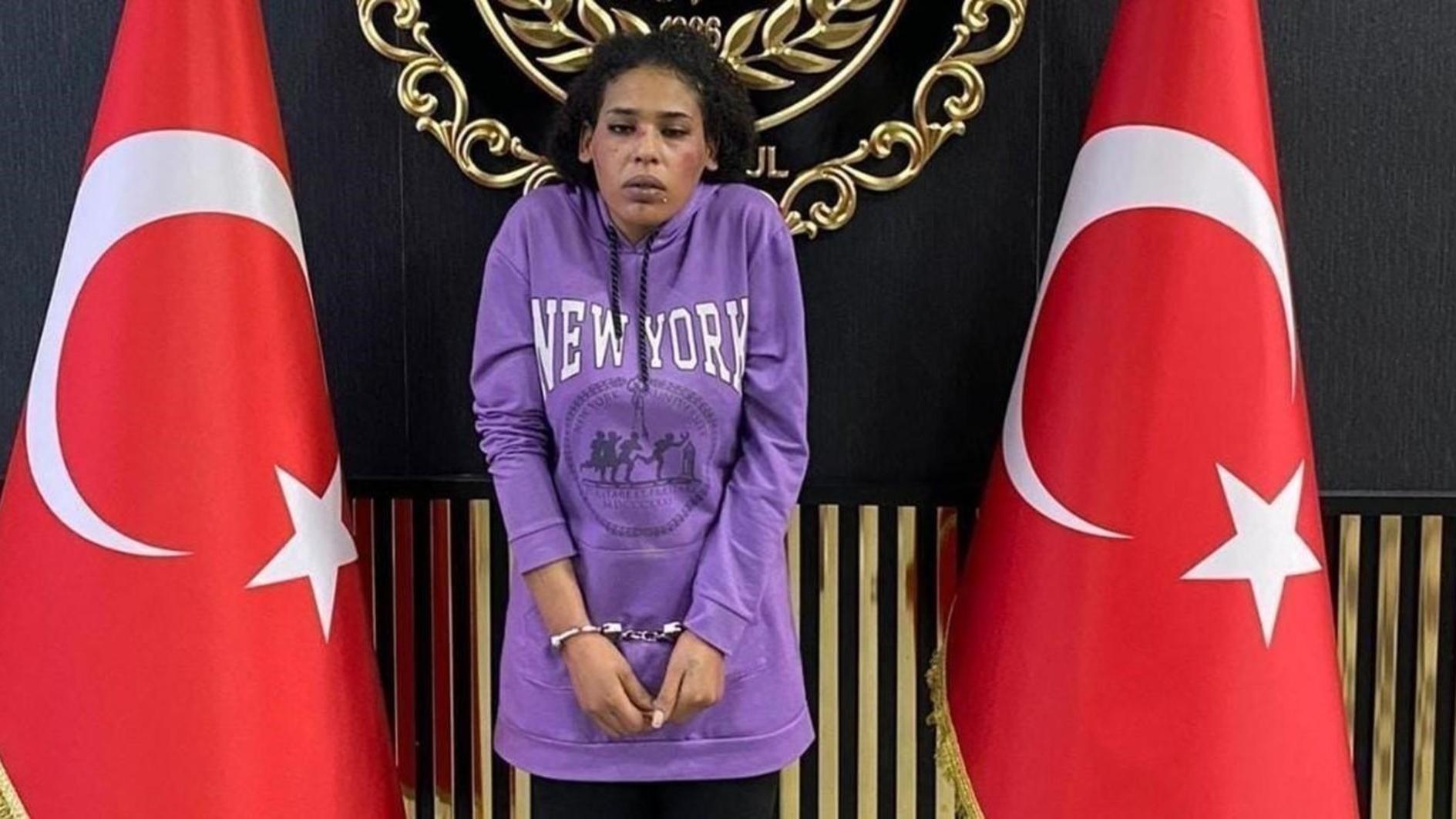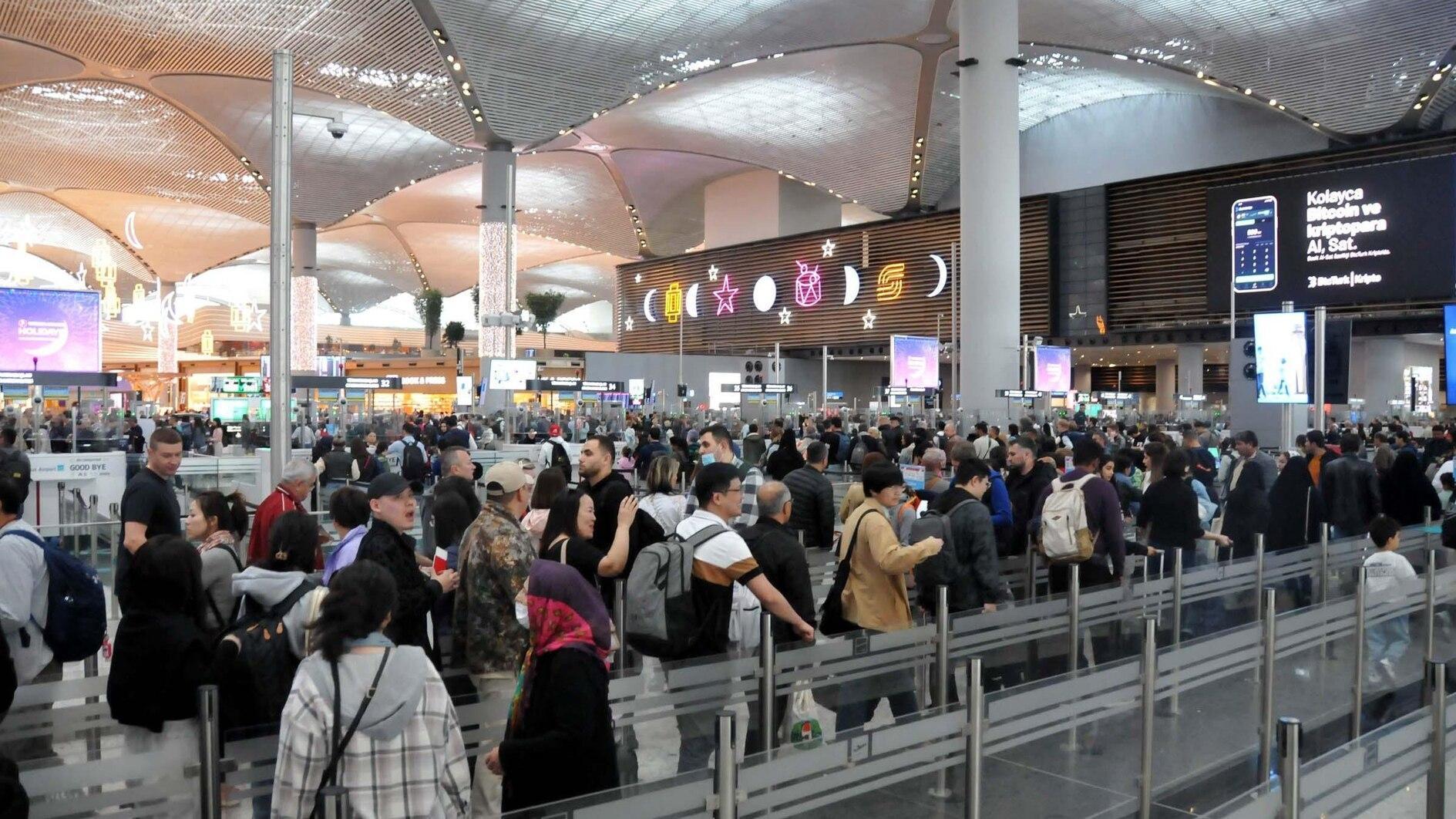Turkey’s art world continues to resist, despite all difficulties
Barçın Yinanç - barcin.yinanc@hdn.com.tr
 “We have to say art against all odds,” said veteran journalist Doğan Hızlan, while commenting on Turkey’s art scene, which has been struggling with multiple challenges, from terrorism to government pressure, political turmoil and economic crisis. “Yunus Emre says, ‘Each moment we get born anew; who can get tired of us?’ Turkey is like a phoenix. You get reborn from the ashes. In a country like that, this is what you do,” the 79-year-old Hızlan told the Daily News
“We have to say art against all odds,” said veteran journalist Doğan Hızlan, while commenting on Turkey’s art scene, which has been struggling with multiple challenges, from terrorism to government pressure, political turmoil and economic crisis. “Yunus Emre says, ‘Each moment we get born anew; who can get tired of us?’ Turkey is like a phoenix. You get reborn from the ashes. In a country like that, this is what you do,” the 79-year-old Hızlan told the Daily News Turkish officials claim that in contrast to previous coups, the daily lives of ordinary people have not been affected, despite the state of emergency declared after the July 15 failed coup. What is your view in terms of Turkey’s art scene?
Do we have to understand it as if people have gotten used to coups or do they want to give the message that daily activities continue unabated after the coup? This is very controversial. There is another dimension to the state of emergency: There are so many people being suspended or dismissed, jailed writers for instance.
Apparently what seems to not change is the pressure on artists and writers after coups.
I have lived through all past coups (in Turkey’s history). The (late) Bülent Tanör (an academic on constitutional law) did not call the May 27 (takeover by the military in 1960) a coup. It was followed by a relatively freer liberal environment. A lot of books started to be published after May 27, even those based on Marxist critics. A lot of translations were published.
We had to live through March 12 (1971) to really see how bad coups are. I was then at the Altın Kitaplar (Golden Books) publishing house. A lot of our colleagues were investigated; a lot of books were destroyed. The Sept. 12 (1980) coup on the other hand became the symbol of the cruelty of coups. A lot of people were jailed, lost their lives; books were again destroyed.
So are we seeing a repetition of history in terms of writers and artists?
A: The Fethullahist Terror Organization (FETÖ) has been accused of (attempting) the coup. But we need to keep writers and artists apart. If you don’t, then the essential pillars of freedom will be shaken. No matter what you do, it is not the politicians but the artists and writers who represent a country.
Writers like Aslı Erdoğan (who was arrested after the coup), but not just her, other writers and journalists, have to be freed. In these situations, there is always some confusion, chaos, some people denouncing others because of personal vendettas. We have seen in the past that there are several unjust and unfair cases.
We saw (after this coup) players from the city theater being dismissed. They should not do that. The freedom of art is in favor of everybody; the rebellious characteristic of art is the biggest guarantee of democracy. History is not written by politicians, it is written by artists.
Why do you think politicians are targeting writers and artists?
Politicians think of today, whereas writers and artists think of tomorrow. Politicians are in a way prisoners to what they believe to be the present truths. But the writers that you silence today will be read tomorrow.
What is your general assessment of the art scene in Turkey during the rule of the Justice and Development Party (AKP)?
In Turkey each government tries to impose its own understanding onto the art world. Some of the ministers of the AKP, like Ertuğrul Günay, did some very good things. But the government should avoid getting stuck into what they think is the truth. Art means diversity, opposition. The government needs to accept that those artists and writers who do not think like them are invaluable too. Fazıl Say (a Turkish pianist who was acquitted of blasphemy charges on Sept. 7, four years after being sentenced to a suspended jail term for sharing a post on his Twitter account) spoke out and he should speak out. Fazıl Say is Turkey’s face outside. He just signed a new recording contract with Warner classics. You should let him speak; you should not mind what he says.
In addition to problems with the government there is also the phenomenon of terror in Turkey. How do you think the art scene is affected by terror incidents?
Terrorism is not only about killing in the physical sense of the word. It also kills the soul. Someone surrenders when you kill his soul; you push him to loneliness and desperation.
I am against cancelling art events (because of terror attacks). I am against suspending arts. Of course we suffer from deep sorrow for all those victims of terrorism. All those people dying are darkening our daily lives. Terrorism is inhumane. But art serves humanity. As Ioana Kuçuradi (a prominent Turkish academic on philosophy) said, the one who lets nothing into their life becomes a terrorist. I believe that someone who listens to Beethoven’s 9th symphony can’t be a terrorist. Art has an educating aspect. So we have to say art against all odds.
Do you think this is how the art scene reacts, with all this government pressure, political turmoil, terror incidents and armed conflicts on our borders?
Yunus Emre says, “Each moment we get born anew; who can get tired of us?” Turkey is like a phoenix. You get reborn from the ashes. In a country like that, this is what you do.
Is that what you see when you look at the art scene?
You see solidarity next to those who are indifferent. You see some pro-government artists and writers. That happens all over the world, this is not specific to Turkey only. Art is very individual. But in the real art world the genuine artists are resisting and taking a stance. There are plenty of activities for jailed writers. And art events, theaters and concerts continue, despite everything. Turkey still maintains continuity in the art scene.
The economic environment is not helping either.
They need to be optimistic. The mission of art is to be like Sisyphus (the king in Greek mythology punished to roll an immense boulder up a hill, only to watch it roll back down, repeating this action for eternity). You carry the rock, it’ll fall and you will carry it again.
If we were to put aside the political environment, what would be your general assessment of the art scene?
We are in good shape in literature. Some argue Turks do not read. I don’t agree. There are lots of books being printed.
It is a pity that we do not have a building to host a library. It is really sad we do not have a proper theater hall. All these young groups are performing in the basements of apartments. They say we have multi-functional halls you can use for party congresses or art performances, but it’s not the same thing. There are needs for different acoustics. Lots of money was spent when Istanbul became the European Culture Capital in 2010, but it was wasted. Not even a concert hall was built.
Who is Doğan Hızlan?

Born in 1937, Doğan Hızlan graduated from the Law Faculty of Istanbul University.
He started journalism in 1963 as an editor, working at daily Cumhuriyet and Yeni Gazete. He worked at the Altın Kitaplar (Golden Books) Publishing House before becoming the founder and editor-in-chief of the Yeni Edebiyat (New Literature) magazine.
He is still the executive editor of the Gösteri magazine, which was first published in December 1980. He is currently an editorial consultant and columnist at daily Hürriyet.
Hızlan is the author of several critical essays and book reviews in magazines such as Pazar Postası, Yankı, Türk Dili, Dönem, Yelken, Şiir Sanatı, Papirüs, Soyut, Yeni Edebiyat and Devrim.
He created and hosted a TV program on TRT in 1974 on literature. A radio show he started on books in the 1970s later became a TV program on state television before being shifted to private channels such as NTV and CNN Türk.
He was selected as the writer of honor at the 25th International TÜYAP Book Fair in 2006. Since 2010, he has participated in “Açık Şehir” (Open City), an arts and culture program on TRT. Hızlan was awarded with the Grand Presidency Culture and Arts Award in 2011 in the criticism section.
















